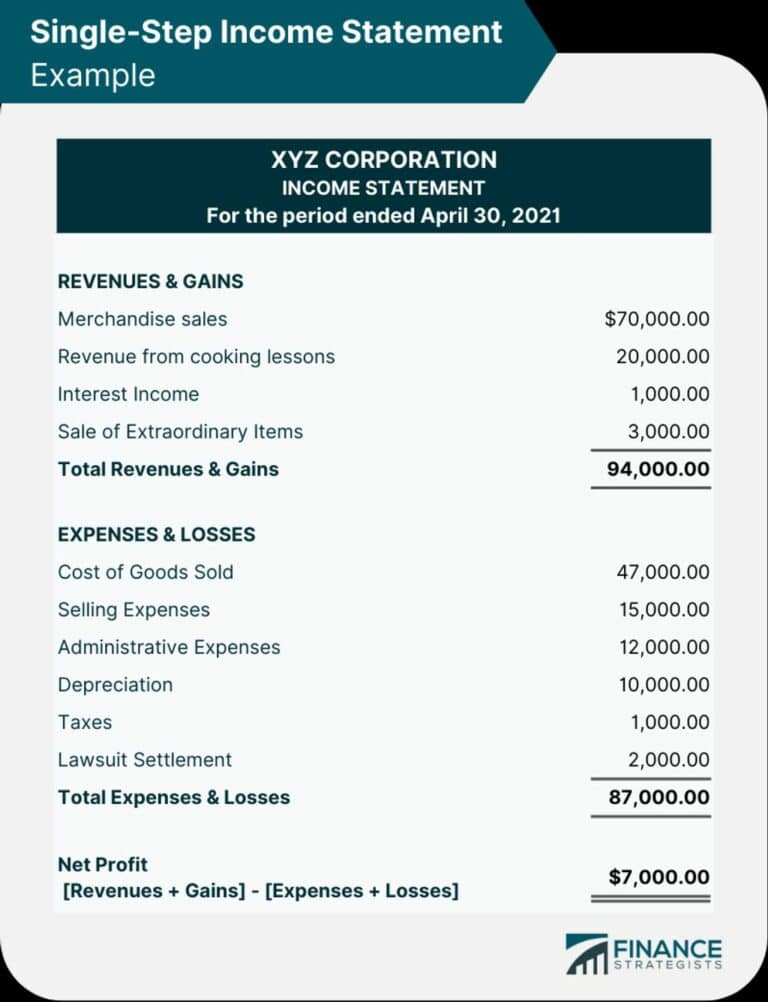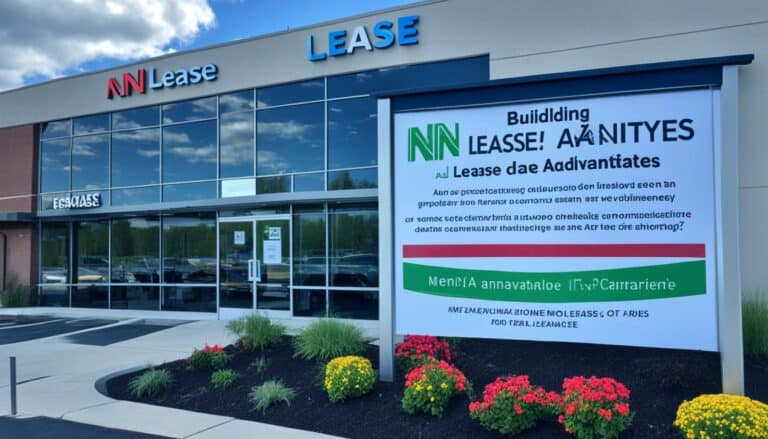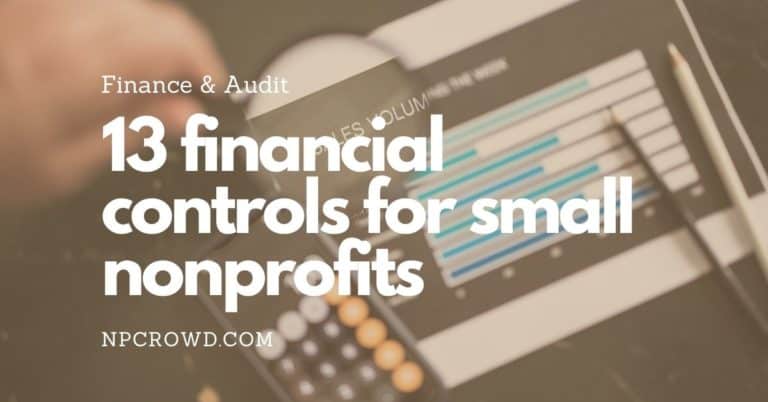Dispute Resolution in NNN Leases: Best Practices for Tenants
Disclaimer: This post may contain affiliate links. These links, if used and purchases made, we may earn a small commission. These affiliate programs do not impact the recommendations we make or the resources we refer you to. Our focus is on providing you the best resources for your nonprofit journey.
Do you find yourself in constant conflict with your landlord over your NNN lease agreement? Are you struggling to navigate lease disputes and secure favorable resolutions? It’s time to take control of the situation and discover the best practices for resolving disputes in NNN leases.NNN leases often give rise to disputes between tenants and landlords. From maintenance responsibilities to CAM charges and lease assignments, the potential for conflicts is vast. But how can tenants effectively manage these conflicts and ensure their interests are protected?
In this article, we will dive into the contested issues that commonly arise in NNN leases, providing you with insights and strategies to resolve disputes. By following these best practices, you’ll be better equipped to handle conflicts and secure positive outcomes.
Key Takeaways:
- Understanding and addressing contested issues is crucial for resolving disputes in NNN leases.
- Proactive communication and documentation play a vital role in reaching favorable resolutions.
- Navigating maintenance and repair responsibilities, CAM charges, withholding rent, lease assignments, and options to renew requires sound business judgment.
- By implementing best practices and seeking legal advice when necessary, tenants can protect their interests and maintain positive landlord-tenant relationships.
Contested Issue 1: Maintenance and Repair
One of the most common contested issues in commercial leases is maintenance and repair responsibilities. In most cases, landlords are responsible for the exterior and structural elements of the property, while tenants are responsible for the rest. However, disputes often arise regarding the cause of problems and who should be held accountable.
To avoid such disputes, clear discussions and disclosures before signing the lease are crucial. Tenants should carefully review the lease agreement and seek clarification regarding maintenance and repair obligations. By understanding these responsibilities upfront, tenants can mitigate potential disagreements throughout the lease term.
Resolving small issues efficiently and documenting agreements is paramount for effective dispute resolution. Tenants are advised to communicate promptly with landlords when maintenance or repair issues arise and work together to find practical solutions. Maintaining open lines of communication and engaging in a proactive approach can foster positive relationships and lead to mutually beneficial resolutions.
Key Considerations for Maintenance and Repair Disputes:
- Clarify maintenance and repair responsibilities before signing the lease
- Document all discussions and agreements related to maintenance and repair
- Promptly communicate with landlords when issues arise
- Seek mutually beneficial solutions and compromises
- Keep a record of maintenance and repair expenses for reference
- Engage in proactive maintenance measures to prevent future disputes
Contested Issue 2: CAM Charges
CAM charges, which include property taxes, insurance, and common area maintenance expenses, can lead to disputes in NNN leases. Tenants may face unexpected increases in these charges, impacting their budget. It is important for tenants to review and understand what constitutes “common areas” and what charges are allowable as CAM.
Clear communication and disclosure from landlords regarding current and potential charges can prevent disputes. Tenants should request itemized statements to monitor and validate CAM charges.
Understanding Common Area Maintenance (CAM) Charges
Common Area Maintenance (CAM) charges in NNN leases cover the expenses of property maintenance and management for common areas shared by multiple tenants. These charges typically include costs for landscaping, cleaning, snow removal, security, and repairs of shared spaces such as parking lots, hallways, and lobbies.
Legal Obligations and CAM Charges
Tenants must familiarize themselves with the provisions related to CAM charges in their lease agreements. Landlords are often required to provide tenants with a breakdown of common area expenses and justify any increases in CAM charges.
When reviewing leases, tenants should look for specific language that defines common areas and outlines the types of expenses that can be recovered through CAM charges. This clarity helps minimize disputes and ensures that tenants only pay for necessary and reasonable maintenance and management costs.
Requesting Itemized Statements and Documentation
Tenants can protect themselves from arbitrary CAM charge increases by requesting itemized statements and supporting documentation from their landlords. These statements should detail the specific expenses incurred and provide transparency in CAM cost allocation.
By carefully reviewing these documents, tenants can identify any discrepancies or instances where the charges may not align with the defined common areas or lease provisions. Documenting and addressing these issues promptly can help prevent future disputes and avoid potential financial strain.

Mediating CAM Disputes
If a dispute arises regarding CAM charges, tenants should strive to resolve the issue through open and constructive communication with their landlord or property management team. Mediation or negotiation can often lead to a mutually satisfactory resolution.
In situations where direct communication does not yield a resolution, tenants may consider engaging legal counsel or seeking alternative dispute resolution methods, such as arbitration or mediation.
Preparing documented records and evidence of discussions and attempts to resolve the dispute will greatly support the tenant’s case and facilitate a quicker resolution.
Contested Issue 3: Withholding Rent
One of the contentious issues that tenants often face in lease disputes is withholding rent. While most leases restrict tenants from withholding rent, there are situations where tenants may have a genuine dispute with their landlords, such as disagreements regarding maintenance or CAM charges. In such cases, tenants can take specific actions to protect their interests and resolve the dispute.
An effective approach for tenants in such situations is to deposit the withheld rent into a separate escrow account. By doing so, tenants demonstrate their intent to fulfill their obligations while also signaling their disagreement with the landlord’s actions. Additionally, tenants should notify the landlord in writing about the pending dispute and the reasons for withholding rent.
It is crucial for tenants to keep accurate records of all rent payments made, along with any relevant correspondence with the landlord. These records serve as evidence of good faith and can provide tenants with legal protection during eviction trials or further dispute resolution processes.
When confronted with the issue of withholding rent, tenants must act in good faith and seek legal advice to ensure compliance with lease terms and local laws. Consulting with an attorney experienced in commercial lease disputes can provide tenants with invaluable guidance and help them navigate the complexities of lease agreements and the legal system.
To summarize, while most leases prohibit tenants from withholding rent, there are situations where tenants may find it necessary to do so due to genuine disputes. Depositing withheld rent into a separate escrow account and notifying the landlord in writing are essential steps in protecting tenant interests. Keeping detailed records and seeking legal advice ensure compliance with lease terms and enhance tenant protection during lease dispute resolution.

| Steps to effectively deal with withholding rent: |
|---|
| Deposit withheld rent into a separate escrow account. |
| Notify the landlord in writing about the pending dispute and reasons for withholding rent. |
| Keep detailed records of all rent payments made and maintain copies of relevant correspondence with the landlord. |
| Act in good faith and seek legal advice to ensure compliance with lease terms and local laws. |
Contested Issue 4: Assignment
When it comes to commercial leases, assignment provisions can present challenges for tenants who want to sell their businesses before the lease term ends. Typically, landlords require approval for assignments and may impose certain restrictions. To navigate these potential obstacles effectively, tenants should prioritize negotiation of assignment terms from the outset. This proactive approach can help tenants secure favorable assignment terms and avoid lease dispute resolution. Key elements to address during negotiation include succession rights, lease termination triggers, and transfer fees.
By addressing these assignment-related issues in advance, tenants can streamline the process of assigning their lease. Negotiating succession rights can provide clarity and peace of mind for tenants who plan to pass on their business to a successor. Additionally, stipulating lease termination triggers can protect tenants from unexpected consequences should they need to terminate the lease early. An agreement on reasonable transfer fees will ensure a fair cost for both parties involved. By clearly defining these terms, tenants can minimize confusion and potential conflicts down the line.
When negotiating assignment provisions, tenants should consult experienced commercial lease negotiators or attorneys who specialize in lease dispute resolution. Their expertise can help tenants navigate the intricacies of assignment clauses, ensuring that their interests are protected. By involving professionals during the negotiation process, tenants can secure favorable assignment terms and avoid future complications.

Tips for Addressing Assignment Issues:
- Negotiate succession rights to facilitate smooth business transitions.
- Establish clear lease termination triggers to preempt any unexpected early lease terminations.
- Agree on reasonable transfer fees to ensure fair costs for both parties.
- Consult with experienced commercial lease negotiators or attorneys specializing in lease dispute resolution to navigate assignment provisions effectively.
Contested Issue 5: Options to Renew
Tenants often desire options to renew their leases as it provides them with the flexibility and stability to continue their business operations. However, misunderstandings and disagreements can arise in the process, leading to lease disputes. It is crucial for tenants to be well-informed about the specific notice procedures when exercising their option to renew in order to avoid potential conflicts.
Failure to send timely and proper notices can have significant implications, as it jeopardizes the tenant’s renewal rights. Landlords may argue that the tenant did not adhere to the required procedures, resulting in the termination of the lease agreement. To prevent such disputes, tenants should meticulously review the lease terms and follow the prescribed notice requirements to the letter.
Another potential source of contention lies in the ambiguity of renewal rent calculation formulas. If the lease agreement does not clearly outline how the rental amount will be determined during the renewal period, disagreements may arise between the tenant and the landlord. Tenants should proactively seek clarification and negotiate the renewal rent calculation method during the lease negotiation stage, ensuring a clear understanding of how the future rental amounts will be established.
Proactive communication is key in navigating the options to renew process. Tenants should engage in open and transparent conversations with their landlords, seeking mutual understanding and agreement on the terms and conditions of the lease renewal. It is important to approach these discussions with clear business judgment, considering factors such as market conditions, the tenant’s financial situation, and the landlord’s objectives.
During the lease renewal period, tenants should exercise their options to renew in a timely manner, adhering to the notice requirements stipulated in the lease agreement. By doing so, tenants can protect their rights and demonstrate their commitment to continuing the lease. Additionally, tenants should be prepared to negotiate reasonable and appropriate rent amounts based on current market conditions and lease terms.
Finding Common Ground: Resolving Lease Disputes
Lease disputes can often be resolved through open and constructive dialogue. Additionally, seeking professional guidance from an experienced lease attorney specializing in lease dispute resolution can provide invaluable support in navigating the negotiations process. By adopting a collaborative approach, tenants and landlords can work towards mutually beneficial solutions, preserving the commercial relationship and avoiding costly legal battles.
Table: Common Lease Renewal Dispute Issues and Resolutions
| Lease Renewal Dispute Issue | Potential Resolution |
|---|---|
| Failure to comply with notice procedures | Review lease agreement and send proper notices within the specified timeframe |
| Ambiguous renewal rent calculation formulas | Negotiate renewal rent calculation method during lease negotiation and seek clarity |
| Differences in market conditions and rental expectations | Engage in open and transparent communications to find a mutually acceptable rent amount |
| Financial challenges impacting lease renewal | Explore options for rent adjustments or payment plans based on tenant’s financial situation |
In conclusion, understanding and following specific notice procedures, clarifying renewal rent calculation methods, and engaging in proactive communication are key elements in navigating options to renew. By upholding transparency, being proactive, and seeking legal guidance when necessary, tenants can effectively manage lease renewal disputes and maintain positive relationships with their landlords.
Conclusion
Navigating NNN lease disputes requires tenants to proactively address common contested issues. By understanding lease provisions, maintaining open communication with landlords, and documenting agreements, tenants can effectively manage conflicts and secure favorable resolutions. Engaging in due diligence, seeking legal advice when necessary, and following best practices throughout the lease term can help tenants protect their interests and maintain positive landlord-tenant relationships.
Implementing these strategies will contribute to successful dispute resolution in NNN leases. It is crucial for tenants to thoroughly review lease agreements before signing, ensuring clarity on maintenance and repair responsibilities, CAM charges, and other important provisions. Ongoing communication between tenants and landlords is essential to prevent misunderstandings and promptly address any conflicts that may arise.
By prioritizing lease compliance and proactive conflict resolution, tenants can minimize the risk of costly litigation and maintain a harmonious leasing experience. The key to successful dispute resolution lies in understanding one’s rights and responsibilities, communicating effectively, and seeking professional guidance when needed. By following these best practices, tenants can protect their interests and maintain positive and mutually beneficial relationships with their landlords.
FAQ
What are some common disputes that arise in NNN leases?
Disputes commonly arise in NNN leases regarding maintenance and repair responsibilities, CAM charges, withholding rent, assignment provisions, and options to renew.
Who is responsible for maintenance and repairs in a commercial lease?
In a commercial lease, landlords are typically responsible for exterior and structural elements, while tenants are responsible for the rest. However, disputes often arise regarding the cause of problems and who should be held accountable.
What are CAM charges, and why do they lead to disputes in NNN leases?
CAM charges, which include property taxes, insurance, and common area maintenance expenses, can lead to disputes in NNN leases. Tenants may face unexpected increases in these charges, impacting their budget.
Can tenants withhold rent in a lease dispute?
Most leases restrict tenants from withholding rent. However, if tenants have a genuine dispute, such as maintenance or CAM charge disagreements, they can deposit the rent in a separate escrow account and notify the landlord of the pending dispute.
What challenges do assignment provisions pose for tenants in commercial leases?
Assignment provisions in commercial leases can pose challenges for tenants looking to sell their businesses with remaining lease terms. Landlord approval is usually required, and restrictions may apply.
What should tenants be aware of when exercising their option to renew a lease?
It is crucial for tenants to understand and follow specific notice procedures when exercising their option to renew. Failure to send timely and proper notices can jeopardize renewal rights.
How can tenants effectively manage conflicts and secure resolutions in NNN leases?
By understanding lease provisions, maintaining open communication with landlords, and documenting agreements, tenants can effectively manage conflicts and secure resolutions. Implementing best practices throughout the lease term can help tenants protect their interests and maintain positive landlord-tenant relationships.







